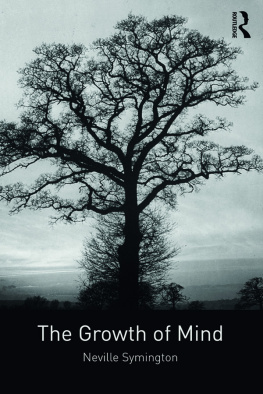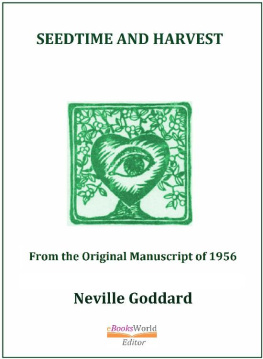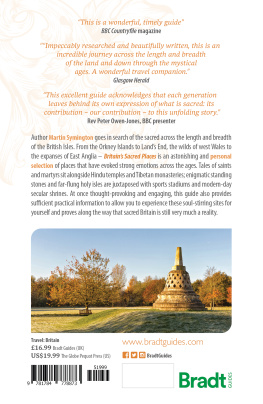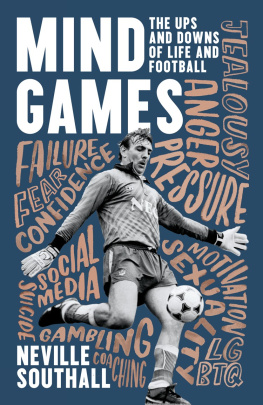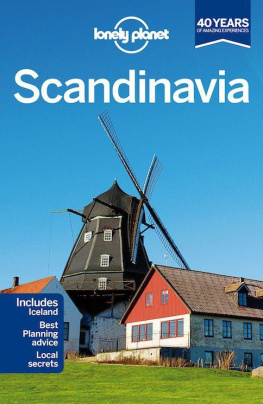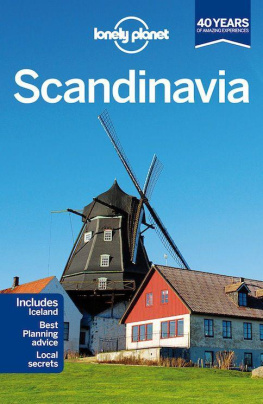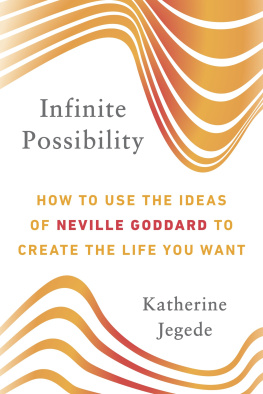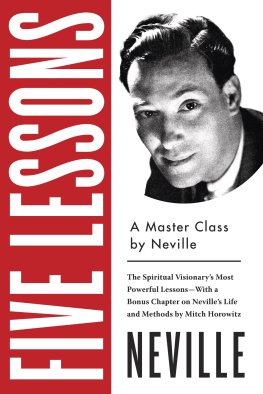The Growth of Mind
The Growth of Mindis the product of a series of ten lectures by Neville Symington. It offers an understanding of the mind and its capacity to discover truth, establishing this as the foundation stone for our judgement and critique of the human world. Although the books field of exploration lies in psychological processes met in the consulting-room, grounded in the general principles of psycho-analysis, the books mode of enquiry is to elucidate a knowledge of individual people.
Exploring the minds activerole in understanding, the book suggests that the act of understanding has a transformative function, and that to be a person is to be a part of a community. It suggests that the super-ego is a sign of some undeveloped function within the personality. If the ego and all its functions are fully evolved, then the super-ego will only be minimally present in the personality. Symington posits that the unconscious represents an agglomerative mass in an undifferentiated and indistinguishable state, rather than a realm of distinguishable thoughts or feelings that are not currently present to consciousness. The book attempts to understand better what this unconscious state is like and how we can think about it, underpinned by the belief that the better we understand it, the more its structure changes.
The Growth of Mindis aimed at professionals and researchers who have a basic understanding of the mind and its mode of operating. It will help readers become aware of this knowledge, strengthening it in the process and allowing it to become a foundational source of inspiration.
Neville Symingtonis a psycho-analyst in private practice in Sydney, Australia. As a young man he took a diploma in Philosophy and then in Theology. He later did a degree in Psychology and took a diploma in Clinical Psychology. He did his psycho-analytic training in London and is a Fellow of the British Psycho-Analytical Society. He held a senior staff position in the Adult Department of the Tavistock Clinic from 197785. He was also Chairman of the Psychology Discipline for the Adult and Adolescent Departments at the Tavistock Clinic in London. In 1986 he migrated to Sydney, Australia where he was Chairman of the Sydney Institute for Psycho-Analysis from 198793. He was President of the Australian Psycho-Analytic Society from 19992002. He is the author of The Analytic Experiencepublished by Free Association Press and St. Martins Press, of Emotion and Spiritpublished by Cassell and later re-published by Karnac Books, of Narcissism: A New Theory, The Making of a Psychotherapist, The Spirit of Sanity, A Pattern of Madness, How to Choose a Psychotherapist, The Blind Man Sees, A Healing Conversation, Becoming a Person through Psycho-Analysis, The Psychology of the Personand A Different Pathwhich are all published by Karnac Books. He is joint-author with Joan Symington of The Clinical Thinking of Wilfred Bionpublished by Routledge. He also published a novel called A Priests Affairpublished by Free Association Press and a book of poetry In-gratitude and other Poemspublished by Karnac.
In 2007 he started a clinical organization called Psychotherapy with Psychotic Patients (PPP). It had its first conference in February 2010 with Michael Robbins as keynote speaker together with himself and Jim Telfer. Its second conference with Carine Minne as guest analyst was in October 2016. He has lectured in Britain, Norway, Denmark, Poland, Portugal, Germany, Italy, the United States, Brazil, Israel, India, Japan, New Zealand and Australia. His website is: www.nevillesymington.com .
The Growth of Mind
Neville Symington

First published 2019
by Routledge
2 Park Square, Milton Park, Abingdon, Oxon OX14 4RN
and by Routledge
711 Third Avenue, New York, NY 10017
Routledge is an imprint of the Taylor & Francis Group, an informa business
2019 Neville Symington
The right of Neville Symington to be identified as author of this work has been asserted by him in accordance with sections 77 and 78 of the Copyright, Designs and Patents Act 1988.
All rights reserved. No part of this book may be reprinted or reproduced or utilised in any form or by any electronic, mechanical, or other means, now known or hereafter invented, including photocopying and recording, or in any information storage or retrieval system, without permission in writing from the publishers.

